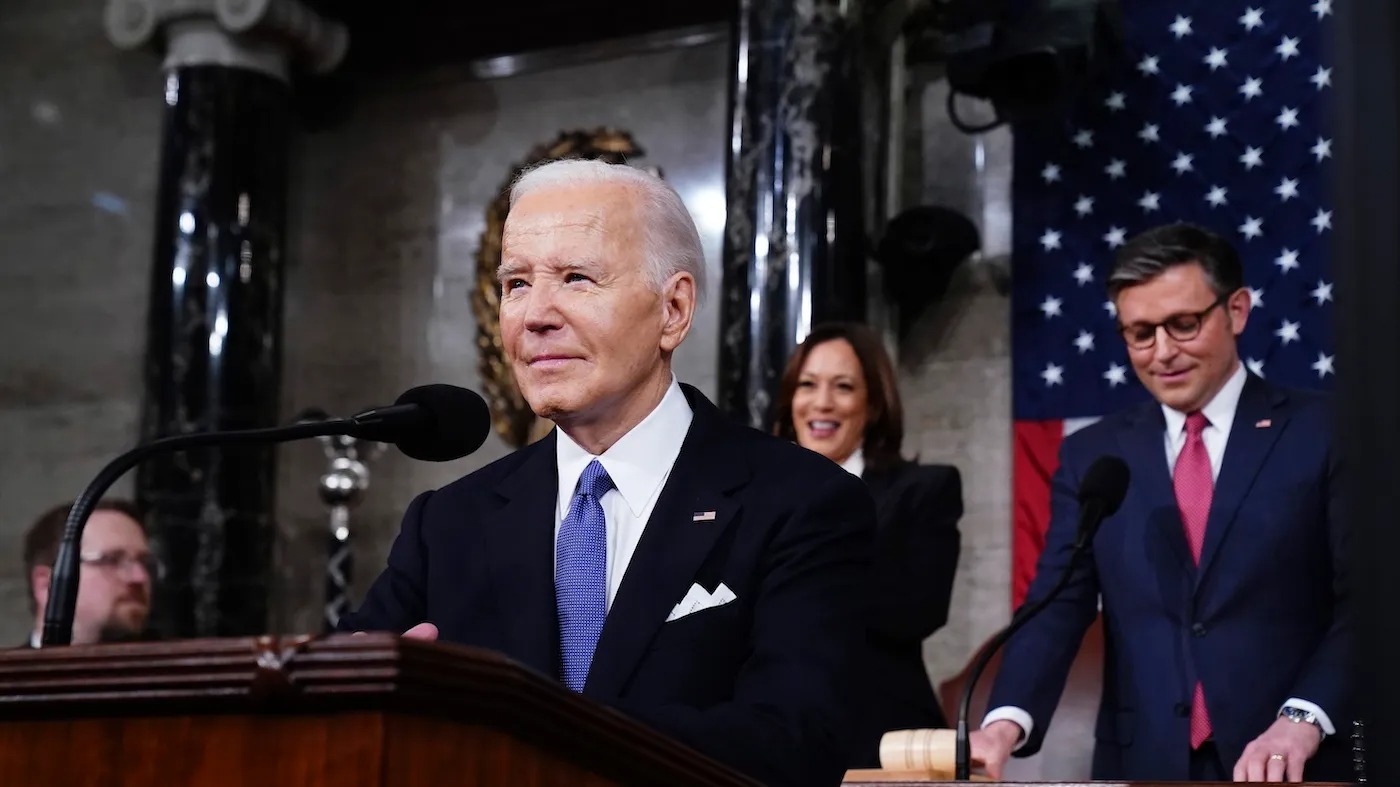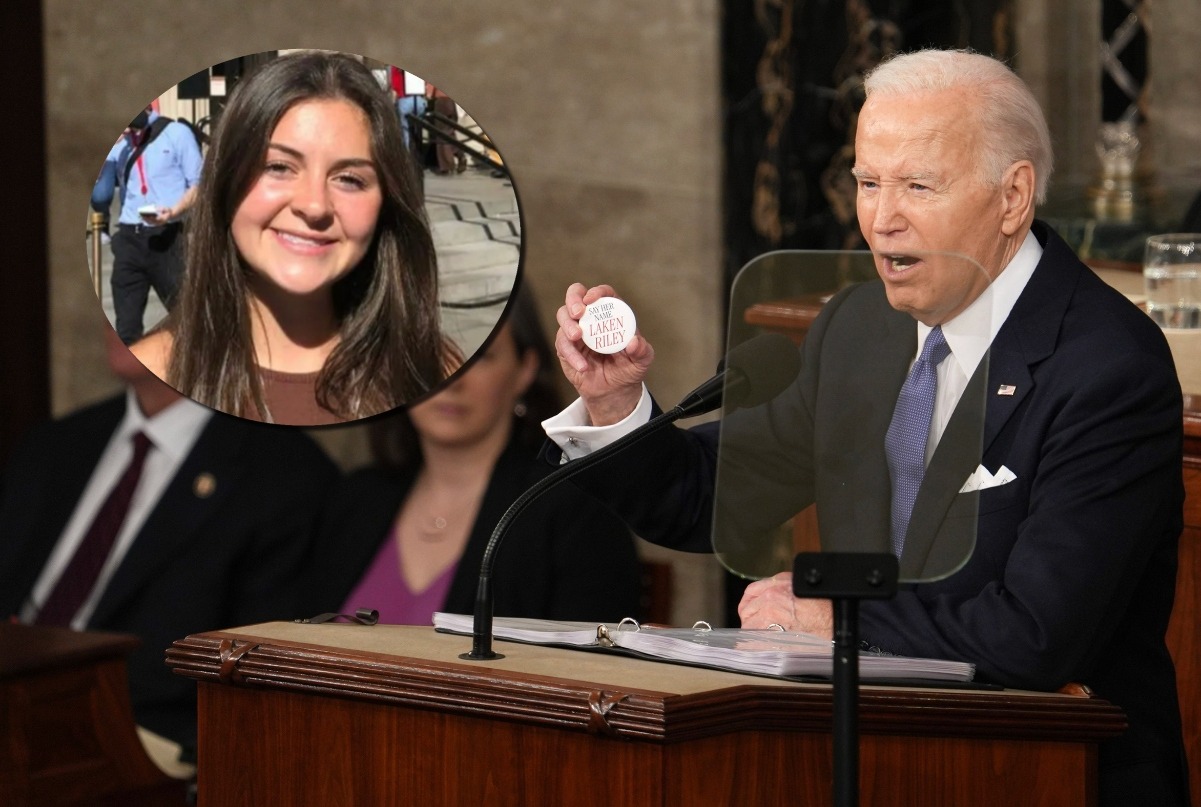The tragic killing of 22-year-old nursing student Laken Riley, who was fatally attacked while jogging at the University of Georgia, has reignited scrutiny over President Joe Biden’s immigration policies.
The suspect in Riley’s murder, an immigrant from Venezuela, had entered the United States illegally in September 2022, according to Immigration and Customs Enforcement (ICE).
Former President Donald Trump seized upon Riley’s death to decry what he termed “Biden migrant crime,” alleging that Biden’s immigration policies facilitated the tragedy.

Biden (Credits: Toronto Star)
Trump pointed to Riley’s case during a recent campaign rally in Rome, Georgia, using it to condemn Biden’s deportation policies. He accused Biden of implementing a policy granting immunity from deportation to illegal immigrants, labeling it “Free To Kill.”
However, immigration studies have consistently shown that immigrants in the U.S. illegally are statistically less likely to commit crimes compared to native-born individuals. Despite this, Trump’s remarks underscored a broader narrative of criticism surrounding Biden’s approach to immigration.
Trump’s assertions lacked clarity regarding the specific policies he was referencing, and his campaign did not provide further clarification upon request.

Biden (Credits: ABC27)
ICE clarified that the murder suspect, Jose Ibarra, had been granted temporary entry into the country through a process called parole, allowing him to await further immigration proceedings in the U.S.
However, immigration experts cautioned against interpreting this as evidence of a policy granting immunity from deportation under Biden.
According to data analyzed by PolitiFact from the Department of Homeland Security, the Biden administration has expelled, removed, or returned individuals out of the U.S. approximately 3.8 million times.
This indicates significant enforcement actions being taken under Biden’s leadership, challenging the narrative of leniency in immigration enforcement.
Riley’s tragic death has added fuel to the ongoing debate surrounding immigration policies in the United States, highlighting the complexities and controversies inherent in addressing immigration issues.
As policymakers continue to grapple with these challenges, cases like Riley’s serve as poignant reminders of the broader societal implications of immigration policies and enforcement practices.























